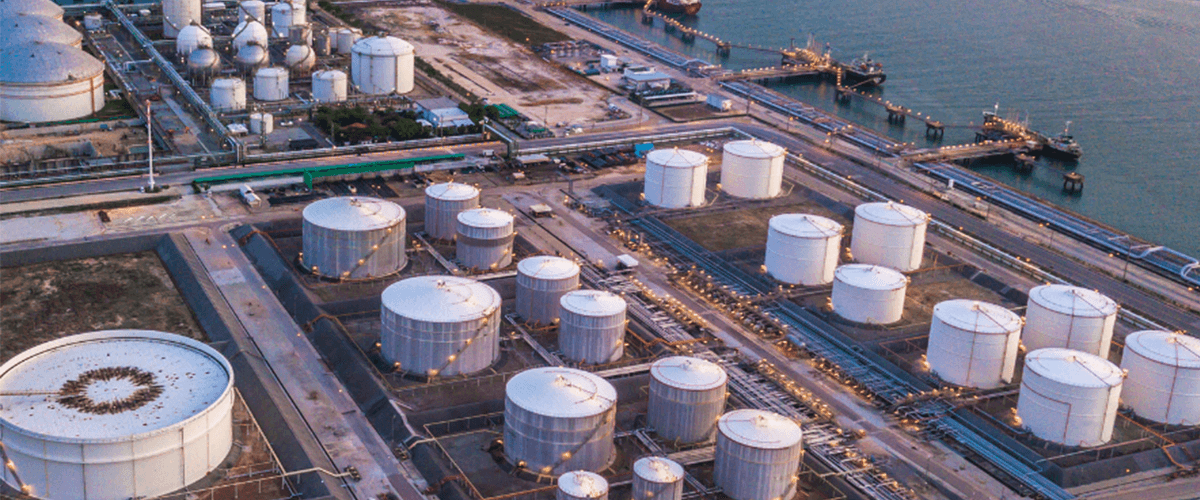BANDAR SERI BEGAWAN – Brunei has made “substantial progress” in diversifying its oil-driven economy in recent years, and should continue harnessing its strengths in energy to build an internationally competitive industrial sector, said the Center for Strategic and Policy Studies (CSPS).
Reviewing Brunei’s diversification efforts in its latest economic report, the think tank said Brunei’s fundamental economic structure has largely remained unchanged for decades as it is still reliant on hydrocarbons.
“There was some indicative diversification success during the 1990s, but similar to the trend of other oil exporters, concentration increased during the 2000s boom,” it added.
However, the start of Hengyi Industries’ oil refinery and petrochemical operations in 2019 has seen decreasing economic dependence on the upstream oil and gas sector.
Oil and gas accounted for 57 percent of nominal gross domestic product (GDP), 91 percent of merchandise exports and 85 percent of government revenue, according to 2018 data.
By 2020, the hydrocarbon sector’s share in nominal GDP, merchandise exports and government earnings declined to 47 percent, 82 percent and 60 percent, respectively.
In contrast, downstream activities have been the largest driver of economic growth last year with a nine percent rise.
CSPS said the volatility in global oil prices also translates to uncertainty in the Brunei economy.
Revenue from the petroleum industry had plunged 69.9 percent in the 2020/21 fiscal year, following a major oil price collapse triggered by the COVID-19 pandemic.
“Diversification helps to lower volatility by stabilising export revenues and hence provide a more stable path for growth and development.
“Besides buffering against commodity price shocks, economic diversification also matters because it is generally accompanied by industrial upgrading through technology diffusion and a shift toward higher productivity sectors and high-paying jobs,” CSPS added.
The think tank further said there is a need to prepare for future resource depletion, and avoid adverse effects arising from a resource windfall.
Image credits: © Getty Images via Canva.com
Date of Release: 4 August 2021
September 4, 2021
September 02, 2021













